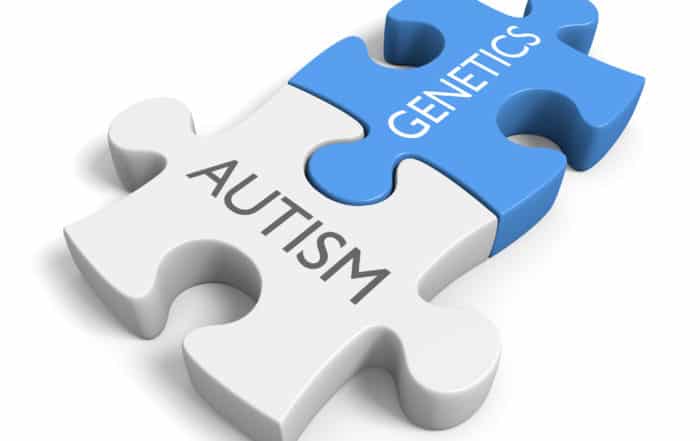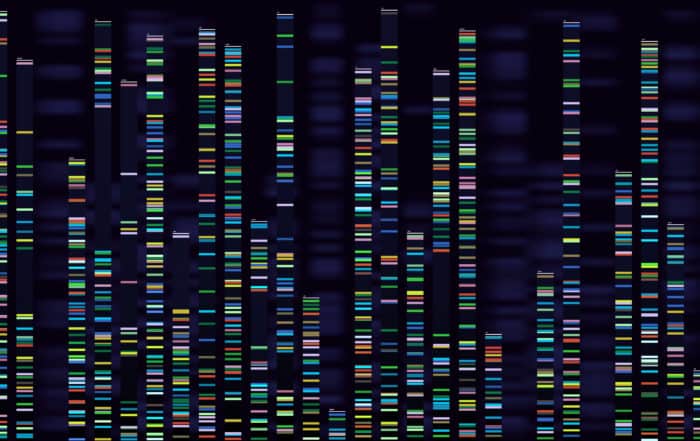When associated with FXS, autism is caused by the genetic change or mutation in the Fragile X gene—the most common genetic cause of autism. Tune in to learn about emerging research on Fragile X and ASD.
About the speaker:

Randi Hagerman, MD
Randi Hagerman, M.D., is medical director of the UC Davis MIND Institute and director of the Fragile X Research and Treatment Center. She has more than 20 years of experience in the field of neurodevelopmental disorders and is an internationally respected leader in fragile X research including fragile X syndrome, a genetic condition that is the leading cause of inherited intellectual disability and the leading single-gene cause of autism.
Dr. Hagerman, her husband, Dr. Paul Hagerman, and their research team are the discoverers of Fragile X-associated Tremor/Ataxia Syndrome (FXTAS), a late-onset neurodegenerative disorder. Randi Hagerman conducts clinical research on individuals with fragile X-associated disorders, including children and adults with fragile X syndrome, adult males with FXTAS, and women with fragile-X related conditions, such as fragile X-associated primary ovarian insufficiency (FXPOI).
Dr. Hagerman also conducts research that bridges the association between autism and fragile X syndrome. Her main area of research is on targeted treatments for neurodevelopmental disorders, including fragile X syndrome, autism, premutation disorders and Angelman syndrome.
Take the knowledge quiz
Can’t see the quiz below? Take it online HERE
Biomarkers start telling us a story: Autism pathophysiology revisited
Learn about emerging research on biomarkers and autism from a recent ARI Research Grant recipient. This is a joint presentation with the World Autism Organisation. The presentation by Dr.
The Low-Hanging Fruit: Exploring Monogenic Syndromes with Elevated Rates of Autism
Learn research updates on how genes associated with autism are functioning in the brain and how changes in these genes are linked to characteristics of autism and other conditions.
Prenatal exposure to cannabis may increase likelihood of autism
Cannabis use during pregnancy may alter placental and fetal DNA methylation (the process of turning genes “on” and “off”) in ways that increase the likelihood of autism spectrum disorder (ASD) or
Behavioral and Brain Signatures of Autism in Females
Kaustubh Supekar, Ph.D., examines recent findings about gender/sex differences in autism phenotypes and brain organization. He highlights the underrepresentation of females in autism and underscores the need for a large-scale science approach. The
Alzheimer’s drug appears to benefit adult men with fragile X
A drug intended to help people with Alzheimer’s disease may also be beneficial for individuals with fragile X syndrome, according to a new study. Fragile X syndrome is the most common known
“Genetic wrinkles” in DNA may explain some cases of ASD
Researchers in Canada report that expanded tandem DNA repeats—what they dub “genetic wrinkles” in DNA—may play a significant role in autism spectrum disorders (ASD). Stephen Scherer and his team, including first author







